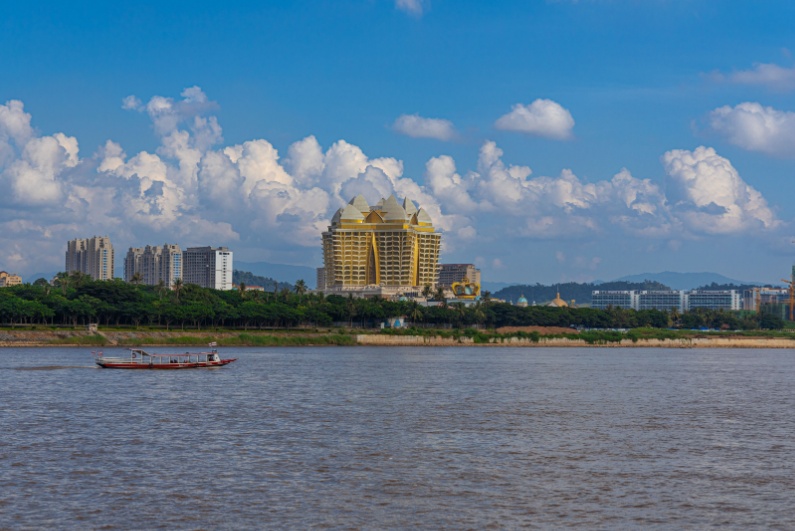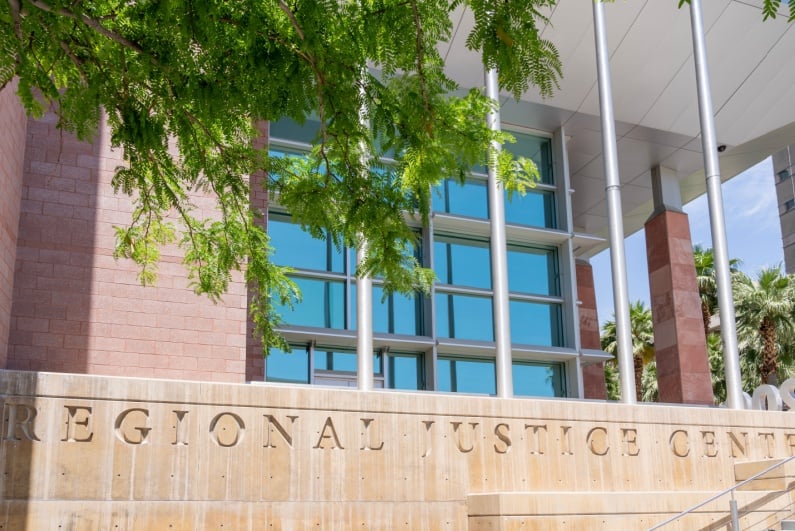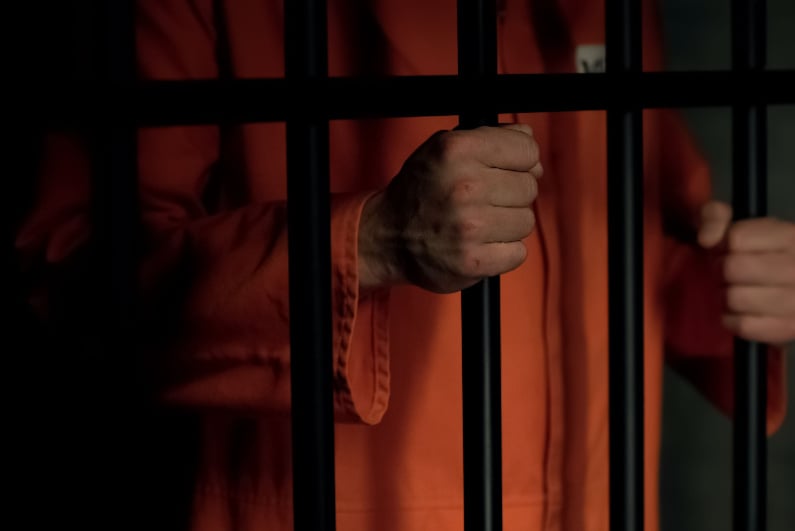Laos cracks down on gambling hub
771 people have been detained by Lao and Chinese security forces in the Golden Triangle Special Economic Zone after the Lao government ordered all scam call centers in the area to cease operations by August 25.
the people detained were mostly Lao, Chinese, and Burmese
Radio Free Asia (RFA) reported that the operation commenced on August 12 and was a joint effort between security forces of both China and Laos. The people detained were mostly Lao, Chinese, and Burmese, with small numbers from other countries including Ethiopia, India, Indonesia, the Philippines, and Vietnam.
The area is a gambling and tourism hotspot for Chinese visitors, but has also become notorious for a range of criminal activities including human trafficking, online fraud, prostitution and illegal drugs.
Trafficked workers detained
Many of the workers at the scam centers are victims of human trafficking and also make up the bulk of those detained. RFA quoted a ministry official, who stated: “It’s a form of human trafficking because they were lured to come to the SEZ to work at stores or restaurants, but later they were forced to work as scammers.”
An anonymous Lao official also spoke to RFA, saying: “We handed over all the Chinese to Chinese authorities at the border gate in Luang Namtha province several days ago. Other foreigners, such as Indians and Filipinos, are waiting for their respective embassies to pick them up.”
As many as 400 call centers were operating in the region in the first half of 2024, which mostly target Chinese people to convince them to deposit their savings into fraudulent cryptocurrency schemes.
Zhao’s private kingdom
The Golden Triangle has become a notorious hotspot for scam call centers, along with a host of other criminal activities in recent years. Founded by the China-born businessmen Zhao Wei, a host of scam operations have proliferated in the area, which are also common in other nearby countries in Southeast Asia, such as Myanmar and Cambodia.
Zhao was sanctioned by the US treasury department in 2018 for “drug trafficking, human trafficking, money laundering, bribery, and wildlife trafficking.” However, the Lao government has yet to move against Zhao, and even has a stake in the area, receiving a 20% share as part of the deal to create the zone in 2008.
even the Lao police forces are forbidden from entering without his permission
In return, according to a report from Bloomberg, the deal “essentially made [Zhao] the sovereign ruler of 39 square miles of rural Laos” and even the Lao police forces are forbidden from entering without his permission. A string of casinos and hotels were built in the area, which are mostly populated by Chinese visitors. Since the COVID-19 pandemic, many of these operations pivoted to establishing scam call centers on their premises.
While the crackdown has likely come as a result of pressure from the Chinese government, which wields enormous influence over Laos, the fate of Zhao and the future status of the economic zone remains unclear.




